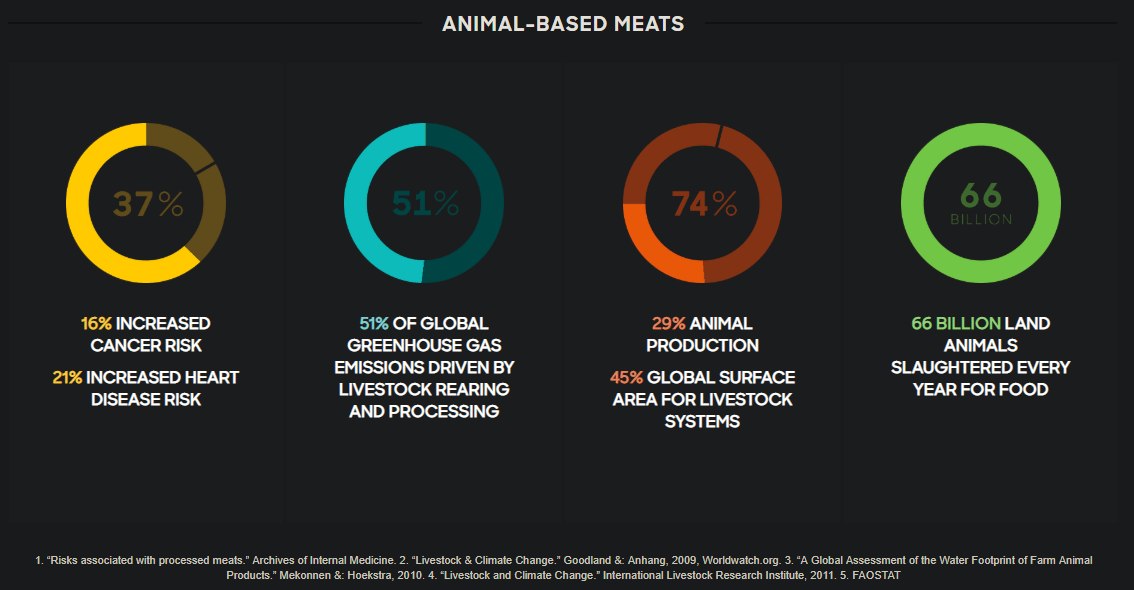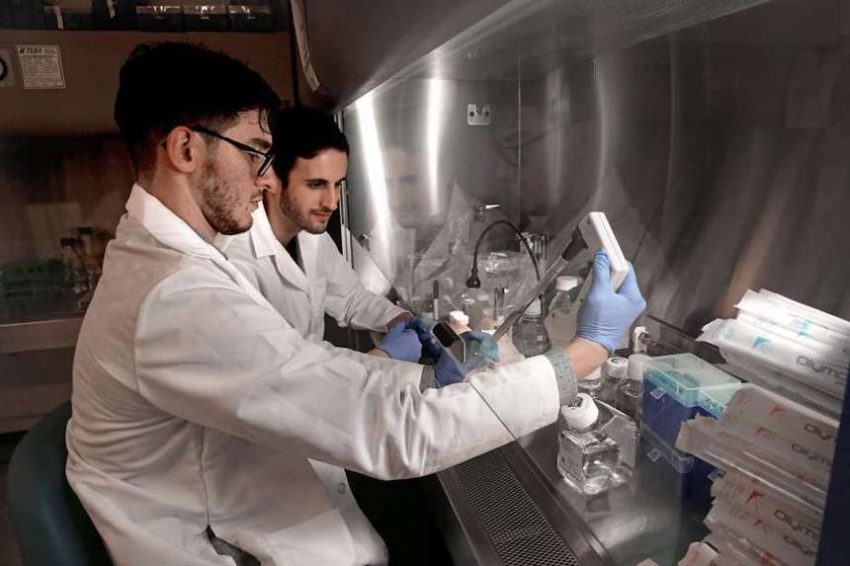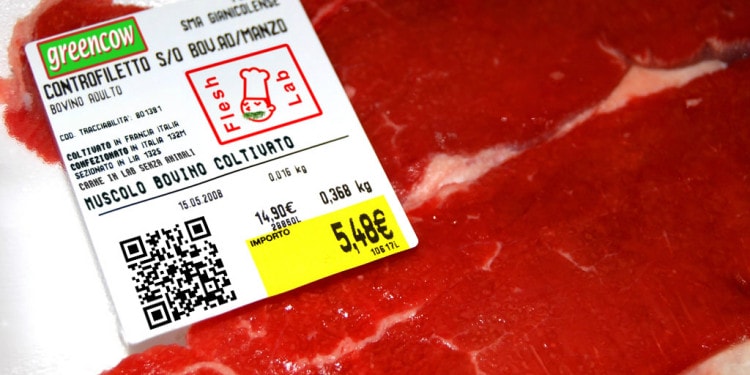Throughout the previous editions of Impakter’s Deal of the Week, the focus has been on relatively obscure startups that are often tackling inconspicuous drivers of environmental decay. However, on this week’s edition, Impakter examines the meat industry, which has become a hub for innovation and is currently red-hot with a myriad of entrepreneurs seeking to capitalize on America’s demand for change.
In the past year we have seen a surge of industry-disrupting startups go public, a list of which includes the likes of UBER, Lyft, Pinterest, and Slack. However, in an era in which the growth in tech has been unparalleled by any other sector, there is one clear winner among the companies to go public this year: Beyond Meat.
The prolific growth of the company as a public entity is only indicative of the craze for the products that it provides: plant protein-based food. Why? Looking at the company’s website, it says that meat is responsible for vast amounts of pollution, increased health risk and the slaughter of billions of animals every year.

In a piece from 2018, The Guardian covered a published study that analyzed the environmental impact of a gamut of the most common food products. Meat was revealed to be the most resource-intensive and harmful food, thus precipitating the conclusion that the most significant way in which an individual can impact their role in preventing environmental decay is by cutting animal-based meat out their diet.
RELATED ARTICLES:
 Deal of the Week: Innovative Solutions to Food Waste
Deal of the Week: Innovative Solutions to Food Waste
 Deal of the Week: The Push Towards Sustainable Fashion
Deal of the Week: The Push Towards Sustainable Fashion
 Deal of the Week: Sustainable Cargo Shipping Solutions
Deal of the Week: Sustainable Cargo Shipping Solutions
It is no secret that veganism has been on a rapid rise over the last few decades, however, the plant-based meat industry has only now started to grow into prominence, with the two biggest companies, Beyond Meat and Impossible Foods both being founded in the last ten years. Already, exciting innovation is producing new alternatives to meat and, perhaps, soon even plant-based meat will be a thing of the past.

Headquartered in Berkeley, California, this scientist-led startup aims to produce cultured meat. This type of meat is entirely synthetic and grown in a lab. The process begins by extracting the stem cells from the tissue of an animal. Then, the stem cells are placed into a bio-reactor, which provides them with the needed energy to grow into fibers of muscles that can later be consumed as meat.
Having control of the meat-growing process at a cellular level, enables Memphis Meats to grow healthy meat, by selectively using high-quality stem cells in its process. More importantly, this process significantly reduces the net amount of greenhouse gas emissions that are the result of meat production. Not only is this process healthier and cleaner, but it is also quicker—with lab-grown meat taking only a few weeks (versus 18 months for beef) to produce.

Unfortunately, the process is not without some minor shortcomings. According to research discussed in a recent BBC article, while lab-grown meat does reduce the total amount of emissions that are the byproduct of the meat production process, it principally reduces methane emissions. The problem? Methane only stays in the atmosphere for a little more than a decade, while carbon dioxide can remain present for centuries. As a result, the impact is more short-term and dependent on the short-term consumption of lab-grown meat. Of course, any decrease in pollution—short-term or long-term—is a crucial step forward.
Additionally, the cost of producing lab-grown meat is financially staggering, with Forbes reporting the cost to be around $2,400 per pound (although Memphis Meats did not actually report the figure itself).

In the photo: Researchers at work in a Finless Foods lab. Photo Credit: Finless Foods.
Founded in 2017, this Berkley-based startup has taken the same approach to alternative meat and has employed it to produce lab-grown fish. Despite consuming fewer resources and producing far less pollution than livestock, the consumption of fish also leaves its mark on the environment—as traditional fishing and aquatic farming processes can be equally destructive.
Not only do fishing boats and fishing equipment pollute the ocean and devastate its ecosystems, but fish living in polluted waters pose a health risk to the consumer as well. Fish commonly contain a plethora of environmental contaminants that are often a cause for concern when it comes to their consumption.
By growing the tuna within its labs, Finless Foods is able to make the process healthier for the consumer and safer for the environment. Furthermore, an advantage of lab-grown fish (and meat, for that matter) is that fresh fish can be grown locally regardless of whether the fish population resides somewhere nearby. This allows for savings on fishing costs and makes fresh fish more affordable.
Finless Foods faces a similar issue as Memphis Meats—according to the Wall Street Journal, growing the bluefin tuna inside of a lab costs the company $4,000 a pound.
Therefore, the strategy is to initially sell to the wealthiest of consumers who are willing to pay the hefty premium. Eventually, as the technology evolves and production becomes more streamlined, lab-grown fish will make its way towards the average consumer and, ultimately, to a supermarket near you.
Conclusion
Surprisingly, while the science, interest, and funding necessary for a lab-grown meat revolution are all up-to-speed, the production process is nowhere near efficient enough to bring this product into every home in America—even if the demand existed for it.
The bigger question is whether lab-grown is a worthy alternative to plant-based meat. Over the next few years, we will find out if plant-based meat becomes the more commonly accepted source of protein or whether people will still prefer meat in its natural form.
In the Cover Photo: A piece of meat. Cover Photo Credit: Flickr
EDITOR’S NOTE: The opinions expressed here by Impakter.com columnists are their own, not those of Impakter.com.















